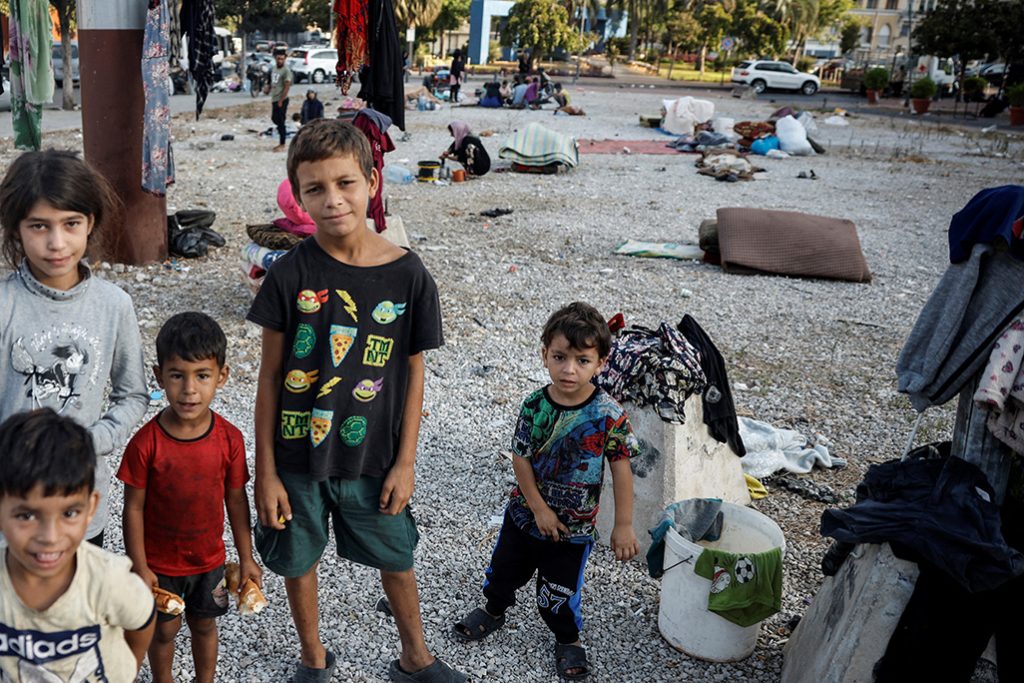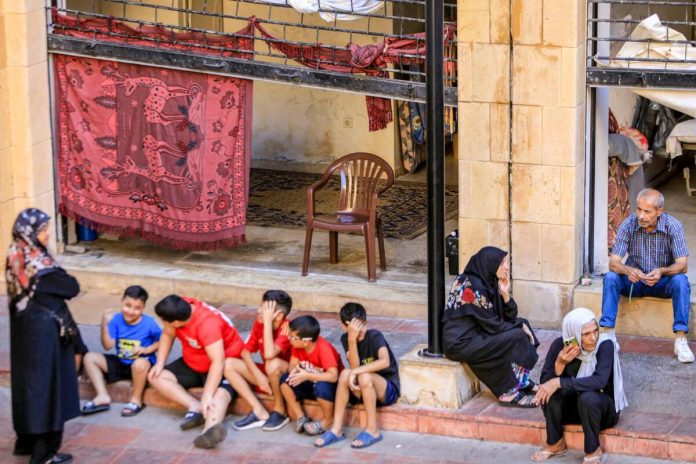Israel has escalated its military operations against Hezbollah militants in Lebanon, issuing evacuation orders that now affect over a quarter of the country, according to the U.N. refugee agency. This comes two weeks after Israeli forces began incursions into southern Lebanon, aimed at battling the Iran-backed group. Rema Jamous Imseis, the U.N. refugee agency’s Middle East director, emphasized the humanitarian toll, noting that residents in 20 more villages were ordered to flee, with many escaping with little more than what they could carry.
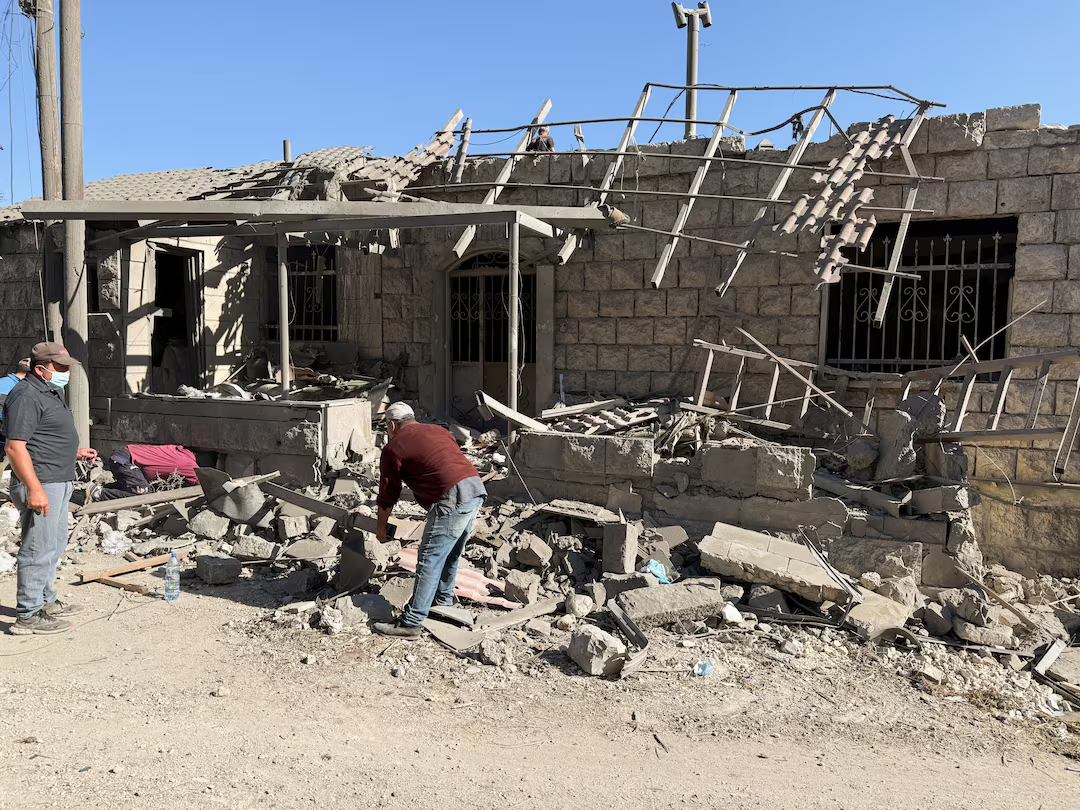
The situation worsened on Monday when Israeli airstrikes in northern Lebanon, particularly in the Christian-majority town of Aitou, killed at least 22 people. Among the victims were 12 women and two children, according to the U.N. human rights office. The attack targeted a house where displaced families had taken refuge. The U.N. has called for an investigation, expressing concerns about possible violations of international humanitarian law.
Since the conflict resumed last year, Israeli airstrikes have claimed the lives of at least 2,309 people, while displacing more than 1.2 million, according to Lebanese government figures. The toll does not distinguish between civilians and combatants. In comparison, Israel reports that around 50 Israelis, both soldiers and civilians, have been killed, primarily due to Hezbollah rocket fire. The Israeli government states its military campaign in Lebanon is aimed at ensuring the safety of northern Israeli residents displaced by Hezbollah attacks.
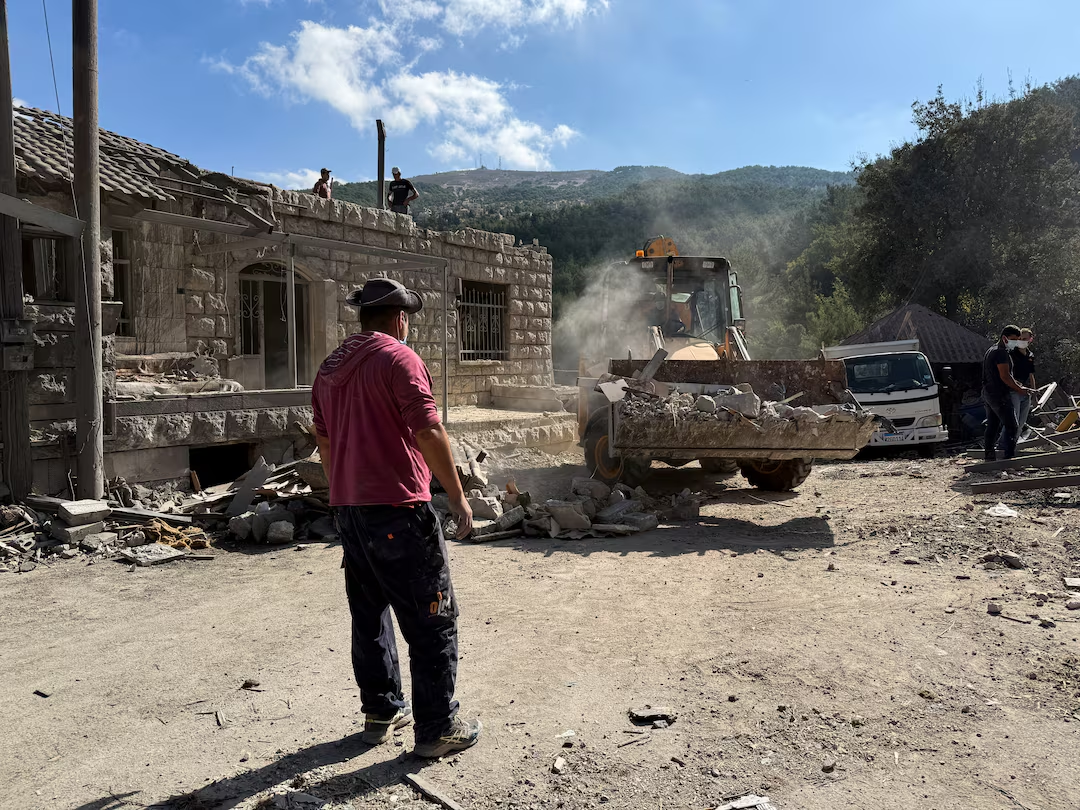
Israel’s operations have centered on several regions in Lebanon, including the Bekaa Valley in the east, the suburbs of Beirut, and the southern border areas. U.N. peacekeepers in southern Lebanon have reported being hit by Israeli fire multiple times, heightening tensions. On Monday, Hezbollah launched approximately 20 projectiles into northern Israel, prompting Israel’s military to intercept some of them as sirens sounded in the Haifa Bay and Upper Galilee areas.
The conflict has led to mass displacement, reviving fears of sectarian strife in Lebanon, a country with a history of religious divisions that fueled its 1975-1990 civil war. Lebanon’s sectarian makeup, with political representation divided along religious lines, has made the situation more fragile, as Israel’s military campaign continues to affect civilians across various religious groups.
Despite the growing death toll, the U.S. has continued to back Israel, even as concerns over civilian casualties mount. The Pentagon announced that components for an advanced anti-missile system had arrived in Israel, with plans for it to be operational soon, bolstering Israel’s defence capabilities.
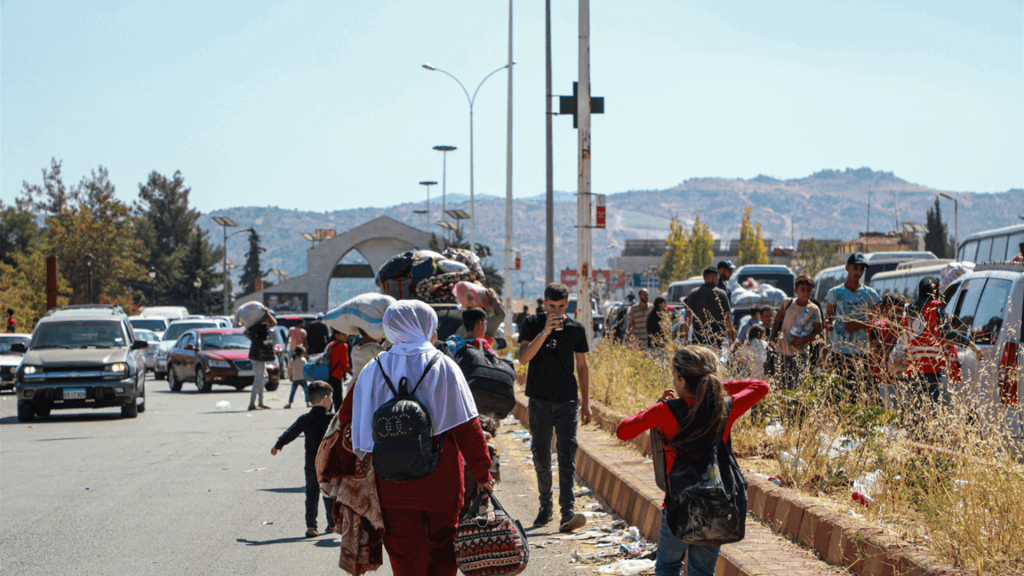
The U.N. Security Council expressed strong concerns on Monday after several peacekeeping positions came under fire again in southern Lebanon. Israeli Prime Minister Benjamin Netanyahu reiterated that Israel would show no mercy in its attacks on Hezbollah, vowing to target the group across all of Lebanon, including the capital, Beirut.
The conflict, which began last year when Hezbollah launched rockets in support of Hamas during the Gaza war, remains intertwined with broader regional tensions. While Hezbollah’s involvement initially aimed to support Palestinian militants, the scope of Israel’s operations has expanded. The Israeli military remains on alert for potential retaliation from Iran, following the October 1 missile barrage Tehran launched in response to Israel’s assaults on Lebanon.
Qatar’s Emir, Sheikh Tamim bin Hamad Al-Thani, accused Israel of exploiting international inaction to expand its aggression into Lebanon and build more illegal settlements in the occupied West Bank. Addressing Qatar’s Shura Council, the Emir said Israel is implementing pre-planned strategies in the region, taking advantage of global indifference to the ongoing conflict.
